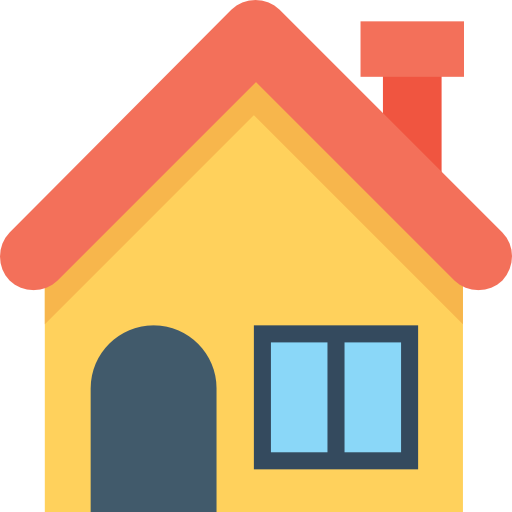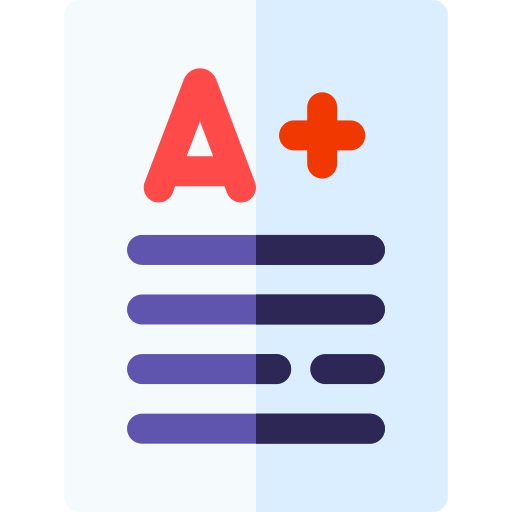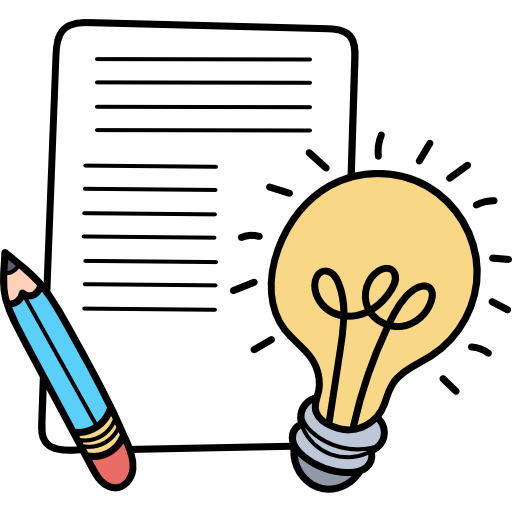مراجعة هامة Summary of rules & Vocabulary لغة إنجليزية الصف الخامس الفصل الثالث
Instructions
This file is an attempt to help you study and revise for the final exam but it is not everything. It is like a summary of the rules and vocabulary we studied
You have to study the course books Learners and Activity ( Units 9, 10, 11 )
I believe in you. You can do it easily
All the best
Unit 9
Where We Live
Vocabulary
Road - office - building - office - pavement - path - lake - forest - mountain - field Beautiful - clean - dry - crowded - peaceful - dirty - colorf ul-pretty - ancient - noisy - popular - amazing - modern
Check vocabulary list for Unit 9
Vocabulary
Energy - produce - carbon footprint - poles -melting - cause - reduce - flood - rise - sea level - recycle - materials - absorb - release - poles -melt
Tropical
forest - plant - environment - campaign - muddy - amount - skyscr apers - dish washer - huge -strange - exciting Castle - lush - surrounded -scenery - keen on - chirp - whispered - reward -date - cricket
Use of English
past simple regulqr and irregular verbs
Regular verbs
People cooked on a stove. (positive)
They didn't cook on a stove. (negative)
Irregular verbs
We don't add -ed to positive irregular verbs like these in the past simple
have: had be: was / were go: went
drive: drove ride: rode
My dad rode his bike. (positive)
My dad didn't ride his bike (negative)
In the negative form ( a regular or irregular verb ) We need to use 'did not / didn't + inf verb'
Practice for regular and irregular verbs
Vocabulary
Storm - collect - string - happen - dangerous -lightning - find out - instructions - straw -scissors - prediction - discover - pump blood -lungs - breath -
Vocabulary
cells: all living things are made of these
parachute: a large piece of cloth which Is used to slow the fall of an object from a great helght
global warming: the world getting hotter because of how much energy people use
uel: what we use to make the energy that makes things work, for example cars use petrol an tghts use electricity as fuel
chemical: what scientists call the different things that make up the world around us
clever
grumpy
jolly
tough
lazy
anxious
weepy
rude
Vocabulary
cells: all Ilvlng things are made of these
parachute: a large piece of cloth which Is used to slow the fall of an object from a great height
global warming: the world getting hotter because of how much energy people use
fuel: what we use to make the energy that makes things work, for example cars use petrol and lights use electricity as fuel
chemical: what scientists call the different things that make up the world around us
Can to ask for permission / to offer / to make a request
Use of English
When you work as a team, you need to agree on what you will do and check your actions Use can when you ask for permission, offer to do something or make a request
Permission: Can I squash the straw
Offer: Can I help you cut the straw
Relative pronouns
Language detective Who which and that Who. which and that give us important information about a thing or person. We use who or that to talk about people: and scientists who think about how the world We use that or which to talk about things: The book that Ibn Nafis wrote
Grammar
Asking questions
Think about what sort of information you want to get
Use where: Where did you go to school
time Use when: When did you go to university
• people Use who: Who helped you to study
• reason Use why: Why is science important
action or objects Use what What do you like about your job
Unit 11
Famous People
Vocabulary
artist explorer scientist inventor business person
brave kind caring intelligent fun creative
Vocabluary
Flag - president - poetry - poems - caring -exciting - generous - rocket - skydiver - spin - fall - spent - train - presentation - fearless - brave -fear - wild - desert - merchant - eagle - claws -gardener - palace -
Borrow - reward - debt - gardener - return - hones ty- protect - ankle - astronauts determined - float - include - created - invented
Modals
Can't....sure it is not
Must....sure it is
Use of English
When we are not sure about something, we can use coul He could be a scientist. She might not be a scientist
Might or could.... not sure
They are followed by infinitives
Example: He can't be a piano teacher. He can only play one song




